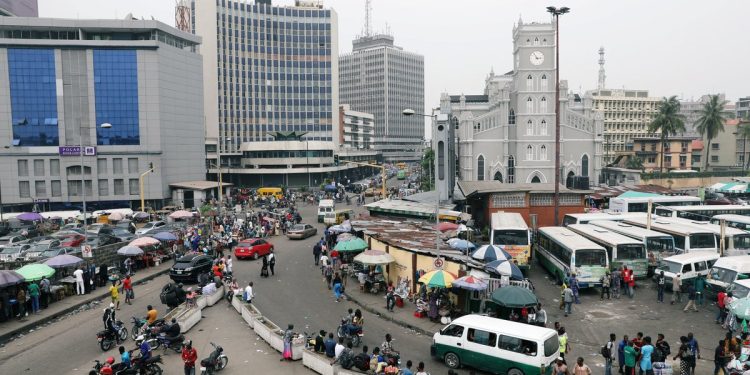Business activities in Nigeria’s private sector remained broadly stagnant in August, as reflected in the latest Stanbic IBTC Bank Purchasing Manager Index (PMI) report released on Monday. The headline PMI edged up slightly to 49.9 in August from 49.2 in July, yet it stayed just below the critical 50.0 no-change mark. This indicates stagnation in overall operating conditions, in line with the trend in business activity, which saw a fractional decrease for the second consecutive month.
The PMI is a key economic indicator, with readings above 50.0 signaling an improvement in business conditions compared to the previous month, while readings below 50.0 indicate a deterioration. Despite new orders returning to growth in August, the rate of expansion was modest, insufficient to drive an increase in business activity, which ultimately declined slightly.
However, employment levels in the private sector continued to rise, as firms worked through outstanding business at a faster pace. The report also highlighted the ongoing challenges companies face with sharply rising input costs, as the rate of inflation accelerated since July. In response to these rising costs, firms have been compelled to increase their selling prices at a faster rate.
The Stanbic IBTC PMI report underscores the delicate balance Nigerian businesses are trying to maintain in a challenging economic environment marked by cost pressures and subdued demand. The combination of rising costs and sluggish growth presents significant hurdles for the private sector as it navigates a period of economic uncertainty.















